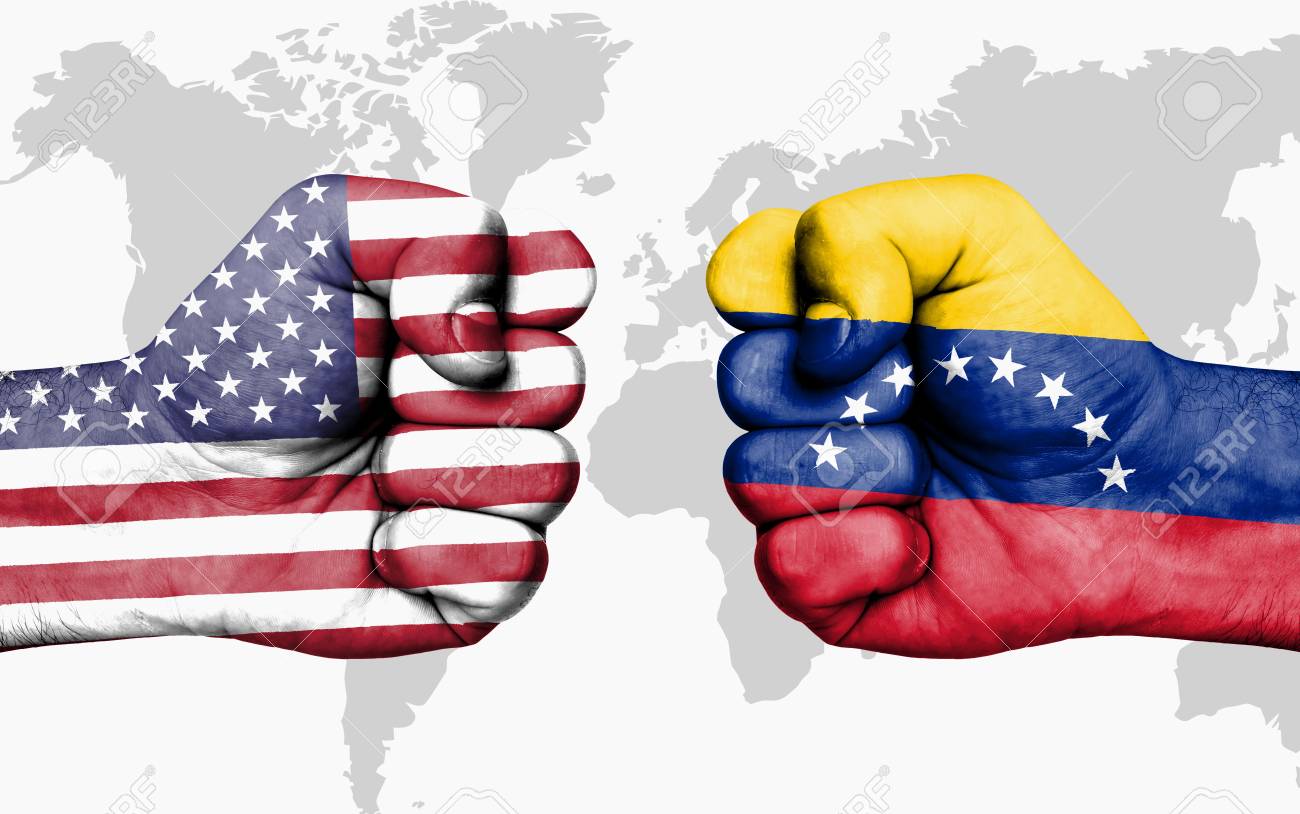United States sanctions came into effect on Sunday to block Venezuela’s economic lifeline of oil exports, in what the U.S. hopes will be a major blow in its campaign to topple the government of Nicolas Maduro.

As of 12:01 am Washington D.C. time, the United States will take action against anyone who deals with state-owned Petroleos de Venezuela, or PDVSA, or any entity in which the company holds at least a 50% stake.
It is among a number of steps by the Trump administration to oust Maduro and install opposition leader Juan Guaido, who is recognized by more than 50 countries, including most in Latin America.
Just Friday, the Trump administration said it would block any U.S. assets of Foreign Minister Jorge Arreaza, confirming it has no desire to negotiate with Maduro.
Until the crisis, Venezuela exported 500,00 barrels a day to the United States, its largest customer, through ownership of the Citgo refining and chain of gasoline stations.
The United States has already moved to put Citgo under the control of Guaido.
Even though sanctions legally came into force Sunday, “the reality is that the oil trade between the United States and Venezuela has been absolutely limited and fallen sharply,” said Mariano de Alba, a Washington-based international law expert from Venezuela.
But the sanctions will still have an effect, with the U.S. vowing to enforce them against any foreign company with interactions in the United States — including the U.S. financial system.
As of Sunday, “there is no doubt that the sanctions are in force and that any company assumes bigger risks than they did before this date,” de Alba said.
The sanctions take effect just as global oil markets are trending higher after the United States similarly demanded that all countries, notably India and China, stop buying oil from Iran.
Oil is the blood of Venezuela’s crippled economy, accounting for 96% of exports, while the country faces a major economic crisis, with projections that inflation could soar to a mind-boggling 10 million percent this year.
Some 2.7 million Venezuelans have fled since 2015 faced with shortage of basic goods and medicine, according to UN figures.
The United States has wasted no opportunity to blame Maduro and his late predecessor Hugo Chavez for Venezuela’s economic woes.
Elliott Abrams, the US envoy leading the effort to oust Maduro, promised that “tens of billions of dollars” will flow into Venezuela to rebuild its economy. “That recovery can only start when there is a fully inclusive government that represents all Venezuelans,” Abrams said last week.
But a study by two U.S. economists, Mark Weisbrot and Jeffrey Sachs, warned that the growing sanctions will “vastly” harm ordinary Venezuelans.
The study, released by the Center for Economic and Policy Research, found that Venezuela recorded more than 40,000 additional deaths between 2017 and 2018 as they blamed sanctions for shortages of food and medicine.
“American sanctions are deliberately aiming to wreck Venezuela’s economy and thereby lead to regime change,” Sachs said. “It’s a fruitless, heartless, illegal and failed policy, causing grave harm to the Venezuelan people.”













